Soda: sugar, water, and a ton of money
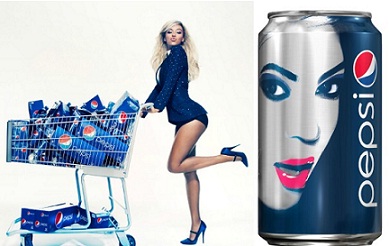
There's a great article in the Times today, one of many they've done about the failed soda size limit law in NYC, about the relationship between the soda industry and civil rights groups that spoke out against the policy. It isn't exactly news that companies like Coke and Pepsi are big supporters of the NAACP, the Hispanic Federation, National Council of La Raza, and the US Hispanic Leadership Institute, and in some cases have been for decades.
What's so great about today's article are the quotes from leaders at these organizations, and spokespeople from soda companies, expressing their shock and outrage that anyone could think that there's any connection between a company giving money to an organization, and that organization's public support of the company's political agenda.
Check this out:
- "We never ask our foundation or community relations partners to engage in public policy issues on our behalf," said Jeff Dahncke, a spokesman for PepsiCo. "The nature of these relationships is focused on diversity and inclusion."
- Katelyn Jackson, a spokeswoman for Coca-Cola, said in an e-mail, "The suggestion that our community philanthropic efforts are motivated by something other than good will is grossly inaccurate and ignores our history of true partnership for well over a century."
- "We don't support soda taxes and things like that, any kind of grocery taxes, because we think they hurt our community more than helping," said Christina M. Martinez, spokeswoman for the US Hispanic Leadership Institute. "We have a great partnership with PepsiCo."
- Coke and Pepsi have given over $10 million to La Raza, and executives from each company serve on La Raza's board. And guess who La Raza's anti-obesity program's sponsor is? Pepsi! "They are a company that produces some very healthy products," says their Senior VP for Programs.
I don't blame these organizations for taking corporate money--they have programs to run and are doing important work. But to suggest that there's no connection between the source of an organization's revenue and the policies they support or oppose is incredibly naive and delusional. My point is that soda companies have essentially bought themselves credibility by funding civil rights organizations that represent diverse communities, who then speak publicly in support of soda companies's political goals. These companies have been doing this forever, starting when Coke wanted to shed its image as a racist company back in the mid-20th century.
Of course, soda companies also spend a fortune on marketing, a financial bludgeon that overwhelms relatively tiny investments in research on the effects of soda on public health, and the budgets of nonprofits trying to educate people in their communities about what happens to you if you drink loads of soda.
Then there's Beyoncé. She's gotten a lot of flak for her $50 million deal with Pepsi, especially since she also served as a spokesperson/danceperson for Michelle Obama's Let's Move anti-obesity campaign. But let's be honest: Beyoncé has endorsed Pepsi for many years. And McDonald's. She obviously has no problem shilling for unhealthy crap. Maybe she wasn't a very wise choice for a White House campaign promoting healthy food.
But the point is, soda companies don't do this stuff by accident. Their product is basically sugar, water, and food coloring, so they have extensive profits to spend on making people want to drink their stuff, and co-opting the respectability of popular celebrities and admired civil rights groups.
I pretty much agree with Justice Tingling who ruled against the soda size limit. And I love his wonderful name. Bloomberg's proposal was capricious, legally nonsensical, and doomed to fail--there's no legal category of "sugary drinks" that includes things like soda, but not things like chocolate milk. Our government doesn't regulate sugar like it regulates tobacco and alcohol, and until it does, it's going to be hard for cities or states to make laws limiting public consumption of sugar. Until the ATF becomes the ATFS (maybe change it to FATS?) they might not get anywhere. It also might help if organizations that speak for disenfranchised people stopped pretending that money doesn't affect what they say and do.



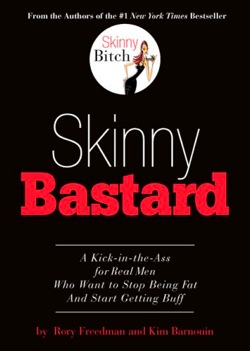


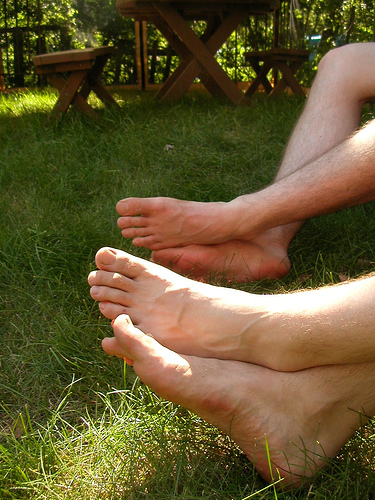




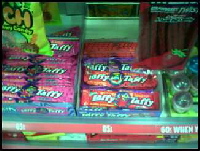






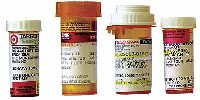


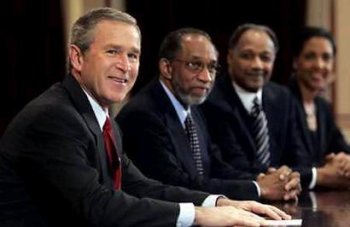




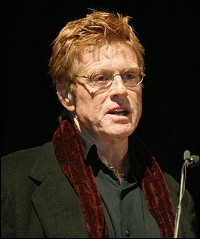


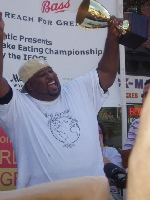



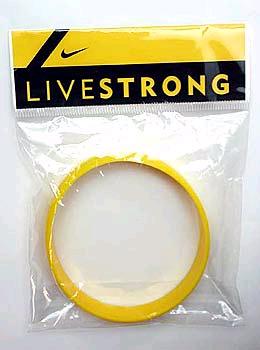
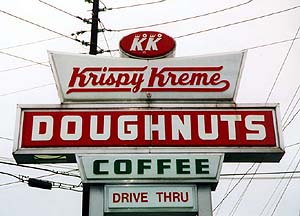
 Something about the
Something about the